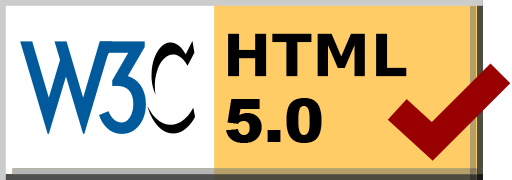Reducing dependencies and expanding Laravel Blade
Posted: 2022-05-05 08:05:06 by Alasdair Keyes
I've recently spent a couple of days moving my site to the latest version of Laravel. There were some problems upgrading through such a large number of major versions which I'll likely do a blog post about later.
Whilst I was re-adding my Composer dependencies I was looking at what I really needed. My blog posts are written in markdown and stored in a the database, the Laravel template engine, Blade, converts them from Markdown to HTML. For this task I was using the parsedown/laravel plugin (https://packagist.org/packages/parsedown/laravel)which uses erusev/parsedown (https://packagist.org/packages/erusev/parsedown)underneath to do the actual markdown processing.
I try to minimise dependencies used for two reasons,
- Reduced complexity in the codebase
- Reduced attack vectors either from attacks directly against my site or supply chain attacks through PHP's Composer system.
Whilst browsing through the Laravel Docs I noticed that they have an inbuilt Str::markdown (https://laravel.com/docs/9.x/helpers#method-str-markdown) helper which might allow me to do the same thing. Under the hood it uses Commonmark from the PHP League (https://commonmark.thephpleague.com/)
I used a couple of custom options on Parsedown, which I needed to be sure worked with the Laravel version.
$parseDown = Parsedown::instance();
$parseDown->setUrlsLinked(false);
$parseDown->setMarkupEscaped(false);
setUrlsLinked: false means that URLs aren't automatically converted into a href links and setMarkupEscaped: false means that I can include HTML markup in my blog posts if I desire.
After reading through the Common mark docs I the relative options were allow_unsafe_links: true and html_input: allow flag and I'd be set. Although these are defaults for Commonmark, I want to explicitly declare them in case defaults change in future.
I only used markdown in my templates and Parsedown automatically adds a blade directive of @parsedown("# Markdown Title") which I made use of. My first task was to create a Blade directive to process markdown in my templates, I decided on the name processMarkdown()
I created app/Providers/CustomBladeFunctionProvider.
<?php
declare(strict_types=1);
namespace App\Providers;
use Illuminate\Support\Facades\Blade;
use Illuminate\Support\ServiceProvider;
use Illuminate\Support\Str;
class CustomBladeFunctionProvider extends ServiceProvider
{
/**
* Bootstrap the application services.
*
* @return void
*/
public function boot(): void
{
// Provide @processMarkdown
Blade::directive('processMarkdown', function ($parameter) {
return "<?= rtrim(Str::markdown($parameter, [ 'allow_unsafe_links' => true, 'html_input' => 'allow' ])); ?>";
});
}
}
Then added this to my providers in config/app.php.
...
'providers' => [
...
App\Providers\CustomBladeFunctionProvider::class,
...
],
...
Then all I needed to do was update my templates from
@parsedown($blogPost->body)
@processMarkdown($blogPost->body)
And then remove the parsedown/laravel dependency to slim down my codebase.
If you found this useful, please feel free to donate via bitcoin to 1NT2ErDzLDBPB8CDLk6j1qUdT6FmxkMmNz
© Alasdair Keyes
IT Consultancy Services
I'm now available for IT consultancy and software development services - Cloudee LTD.
Happy user of Digital Ocean (Affiliate link)

